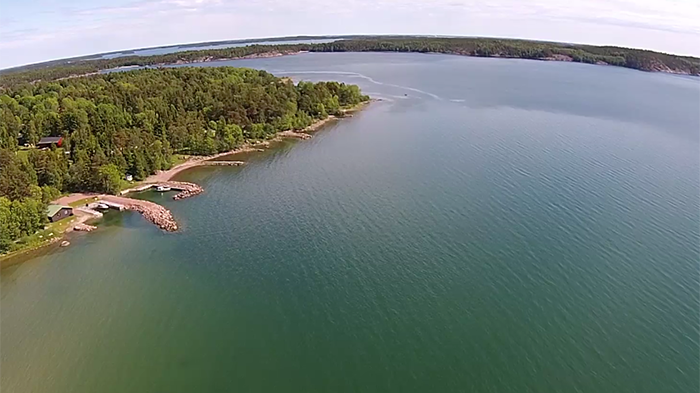University of Groningen researcher Jeanine Olsen publishes seagrass genome in Nature
An international consortium of 35 labs led by University of Groningen Professor of Marine Biology Jeanine Olsen published the genome of the seagrass Zostera marina in the scientific journal Nature on January 27th. Seagrasses are the only flowering plants to have returned to the sea, arguably the most extreme adaptation a terrestrial (or even freshwater) species can undergo. They provide a unique opportunity to study the adaptations involved. The Zostera marina genome is an exceptional resource that supports a wide range of research themes, from the adaptation of marine ecosystems under climate warming and its role in carbon burial to unravelling the mechanisms of salinity tolerance that may further inform the assisted breeding of crop plants.

More information
- Press release: Genome of the flowering plant that returned to the sea
- Reference: The genome of the seagrass Zostera marina reveals angiosperm adaptation to the sea , Jeanine Olsen a.o., Nature, 27 januari 2016.
- Networking in biology brings better understanding, inspires students
University of Groningen videos
The weekly online video magazine Unifocus highlights topics related to the University of Groningen in the fields of research and society, student life, teaching, policy and internationalization.
You can find more videos in our video portal.
| Last modified: | 03 March 2025 09.06 a.m. |
More news
-
15 April 2025
1.5 million funding from Province of Groningen for innovative technology in the region
The University of Groningen will receive nearly 1.5 million euros in funding from the Province of Groningen to assist entrepreneurial academic researchers in developing innovative ideas into a startup.
-
15 April 2025
Nathalie Katsonis wins Ammodo Science Award 2025
For her pioneering research on molecular systems, Nathalie Katsonis receives the Ammodo Science Award for fundamental research 2025.
-
15 April 2025
Fundamental research with life-size effects
Nathalie Katsonis has won the Ammodo Science Award for Fundamental Research. She develops adaptive molecular materials and studies the chemical origins of life, which in turn yield insights for vaccines and clearing up oil spills at sea.
